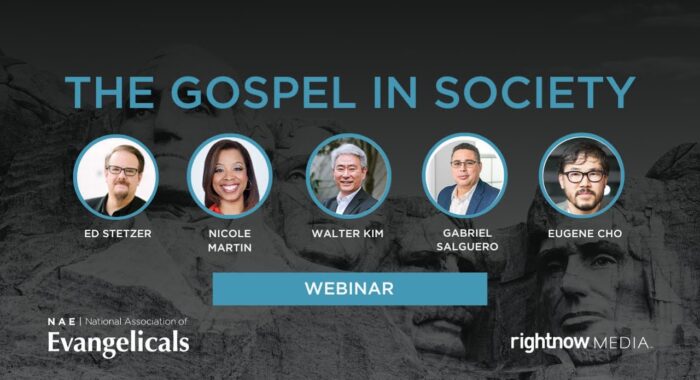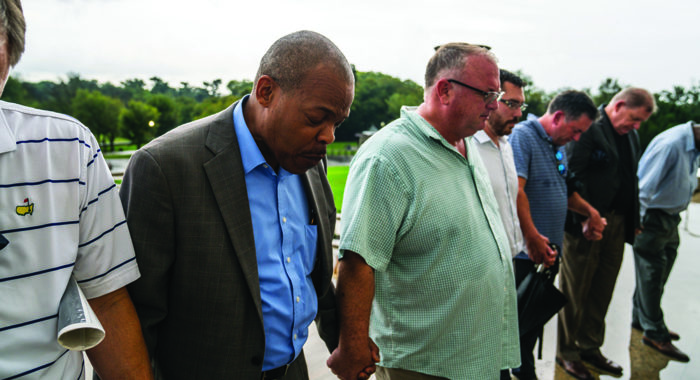Hollywood has a long history of films about the last times, heaven and the afterlife, precisely because thousands flock to them. From 1996-2007, Tim LaHaye and Jerry Jenkins published 16 books in the fast selling “Left Behind” series that popularized dispensational premillennialism among many Americans. The Christian doctrine of “last things” is called “eschatology” although many simply refer to it as prophecy.
“It’s in our human nature to want to prepare ourselves – physically, emotionally, spiritually – for what might be ahead,” said Leith Anderson, President of the National Association of Evangelicals (NAE). “Among evangelicals, the most popular strand of eschatological thought is premillennialism, but even within premillennialism there varieties of views and beliefs.”
The January Evangelical Leaders Survey showed that 65 percent identify with premillennial theology, 13 percent with amillennial and 4 percent with postmillennial. Seventeen percent responded “other.”
The various millennial views stem from different interpretations of Revelation 20, which speaks of the binding of Satan and the reign of Christ and his followers on earth for 1,000 years (a “millennium”).
Premillennialism, which received wide acceptance by many evangelicals through the publishing of the Scofield Reference Bible in 1909, teaches the belief that Jesus Christ will come to earth for the second time after a period of tribulation, followed by a literal 1,000 year period in which Christ and his followers reign on earth. Premillennialists disagree on whether believers will rise and join Jesus (an event called the “rapture”) before, during or after the tribulation period.
Amillennialists believe that the non-literal millennial reign of Christ is happening now as Christ reigns at the right hand of the Father. Postmillennialists believe Christ’s second coming occurs after the 1,000-year period during which humanity gradually improves under the reign of Christ.
Jeff Farmer, President of Open Bible Churches, said that within the Open Bible movement, opinions are varied regarding eschatology. During his tenure as president, Open Bible Churches amended its Statement of Faith to give ministers and constituents greater freedom in teaching eschatology. Farmer also commented that he hears relatively little preaching about the millennium in churches today.
Many who included comments with their response noted that focusing on the specifics of the end times can be a distraction from living faithfully in the present. Roy Taylor, Stated Clerk of the Presbyterian Church in America, expressed this sentiment by saying, “As far as predicting the approximate time of Christ’s Second Advent is concerned, I have resigned from the Planning Committee and have joined the Welcoming Committee.”
The Evangelical Leaders Survey is a monthly poll of the Board of Directors of the National Association of Evangelicals. They include the CEOs of denominations and representatives of a broad array of evangelical organizations including missions, universities, publishers and churches.



 View All Surveys
View All Surveys 

























